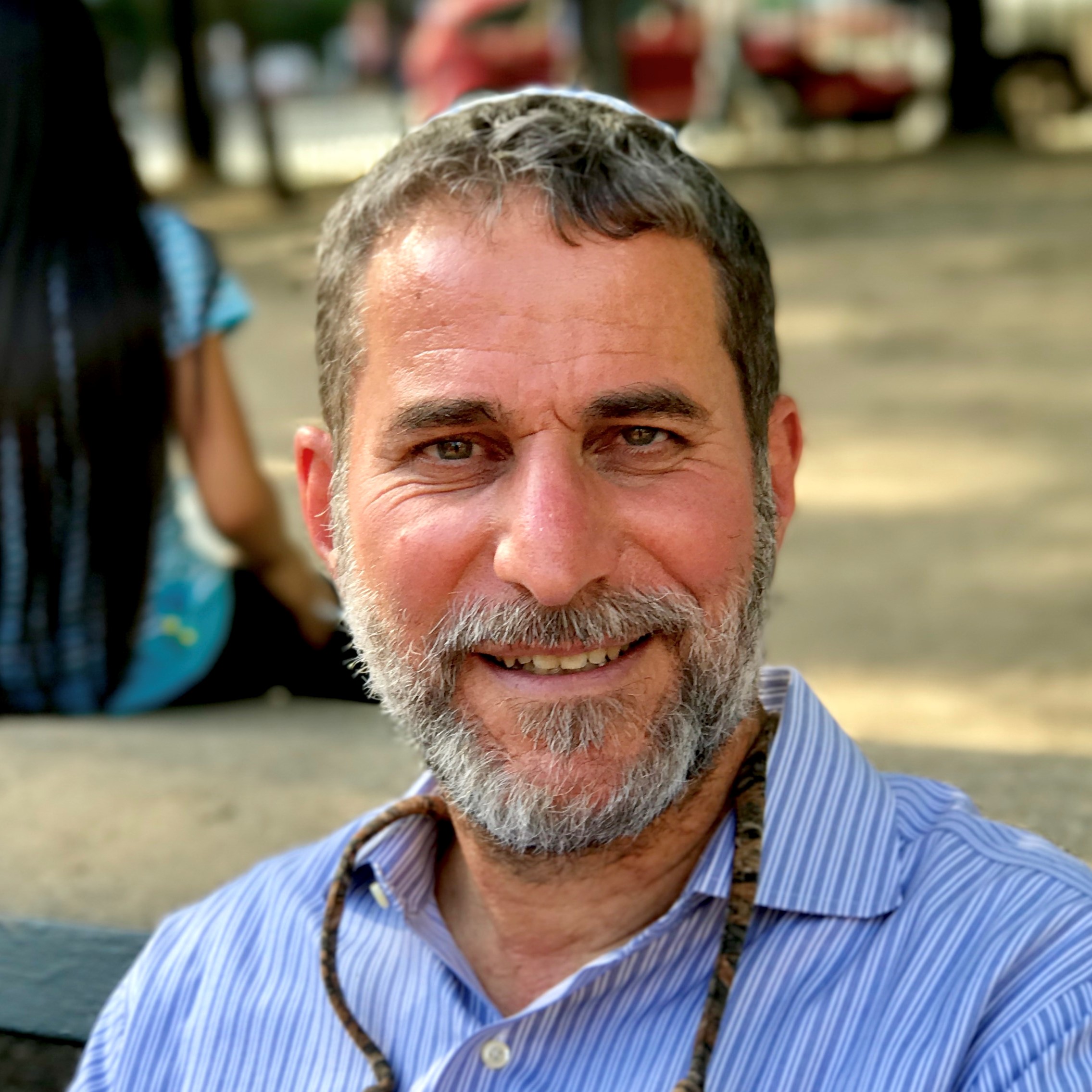Beit Midrash
- Torah Portion and Tanach
- D'varim
- Va'etchanan
Moshe was told by heaven that he should no longer pursue this course of prayer. He is to give up on his lifelong dream and accept the will of heaven, even though he may not understand or certainly agree with the decision that is being rendered. This becomes part of the matrix of the greatness of Moshe, in that he does accept this judgment against him, and we do not find him pursuing the matter any longer. In his closing words of the Jewish people, Moshe will refer again to the fact that he will not lead them into the land of Israel, and that he will die and be buried in the land of Moab. But these statements are not made in bitterness or in complaint, but, rather, simply a recognition of the truth of the situation that faces him and the Jewish people. Judaism is a religion of optimism, opportunity, and multiple choices, but also contains within it a certain degree of fatalism – an understanding that the will of Heaven will not be thwarted, no matter what, and no matter how mysterious it may appear to an ordinarily mortal. In Yiddish, this streak of fatalism is expressed in the word Bashert. After all our attempts and actions have taken place, there still is this element of bashert that governs the final outcome after all our efforts and seeming accomplishments. Such is the relationship of the created towards the Creator.
Va'etchanan
Rabbi Berel Wein zt"l | Av 10 5780

Moshe Rabeinu's Sacrifice to Enter Erets Yisrael
Parashat Vaetchanan
Rabbi Binyamin Walfish | 5762

The Spiritual Effects of Diaspora
Israel National Torah
Baruch Gordon | Av 10 5780




















